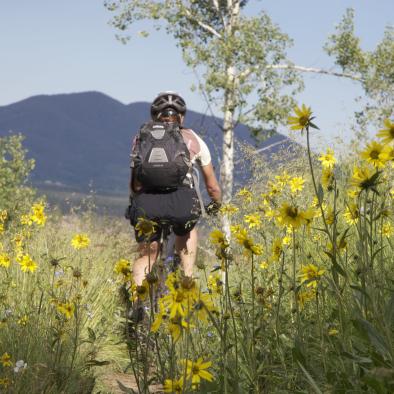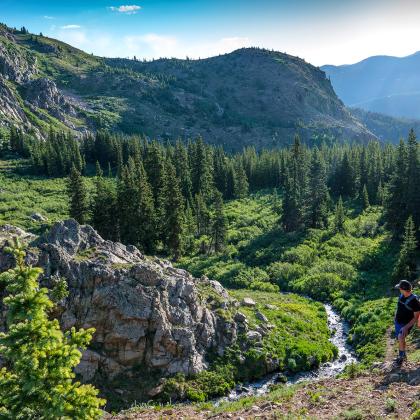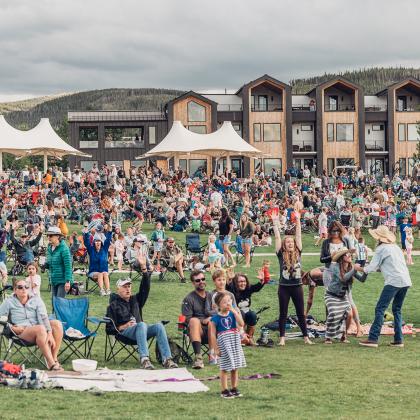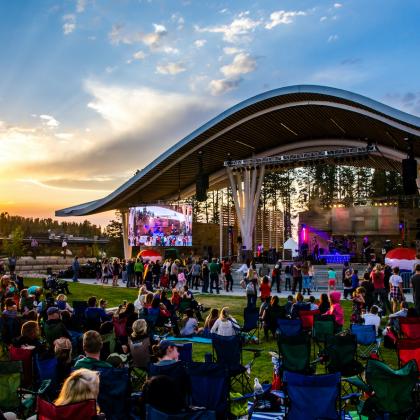Mountain Biking Local Tips

IMBA is the International Mountain Bicycling Association — a great non-profit group to belong to if you care about trails, biking and the environment. Their mission is to create, enhance and preserve great trail experiences for mountain bikers worldwide.
Their guidelines for trail behavior are recognized around the world. IMBA developed the “Rules of the Trail” to promote responsible and courteous conduct on shared-use trails. Keep in mind that conventions for yielding and passing may vary, depending on traffic conditions and the intended use of the trail.
1. Ride On Open Trails Only
Respect trail and road closures; ask a land manager for clarification if you are uncertain about the status of a trail. Do not trespass on private land. Obtain permits or other authorization as may be required. Be aware that bicycles are not permitted in areas protected as state or federal wilderness.
2. Leave No Trace
Be sensitive to the dirt beneath you and follow Leave No Trace principles. Wet and muddy trails are more vulnerable to damage than dry ones. When the trail is soft, consider other riding options. This also means staying on existing trails and not creating new ones. Don’t cut switchbacks. Be sure to pack out at least as much as you pack in.
3. Control Your Bicycle
Inattention for even a moment could put yourself and others at risk. Obey all bicycle speed regulations and recommendations, and ride within your limits.
4. Yield to Others
Do your utmost to let your fellow trail users know you’re coming — a friendly greeting or bell ring are good methods. Try to anticipate other trail users as you ride around corners. Bicyclists should yield to all other trail users, unless the trail is clearly signed for bike-only travel. Bicyclists traveling downhill should yield to ones headed uphill, unless the trail is clearly signed for one-way or downhill-only traffic. Strive to make each pass a safe and courteous one.
5. Never Approach Animals
Animals are easily startled by an unannounced approach, a sudden movement or a loud noise. Give animals enough room and time to adjust to you. When passing horses, use special care and follow directions from the horseback riders (ask if you're uncertain). Running cattle and disturbing wildlife are serious offenses.
6. Plan Ahead
Know your equipment, your ability and the area in which you are riding — and prepare accordingly. Strive to be self-sufficient: keep your equipment in good repair and carry necessary supplies for changes in weather or other conditions. Always wear a helmet and appropriate safety gear.
Know Before You Go! With the pine beetle affecting many of our forested areas and the U.S. Forest Service managing tree removal and healthy reforestation, be sure to check with the U.S. Forest Service on current trail closures and conditions:
Hotline: 970.887.4100
Website: www.fs.usda.gov/arp
Email: To receive email updates, send an email to [email protected]
Twitter: www.twitter.com/usfsarp
Forest Service Office: 9 Ten Mile Drive, Granby, CO



